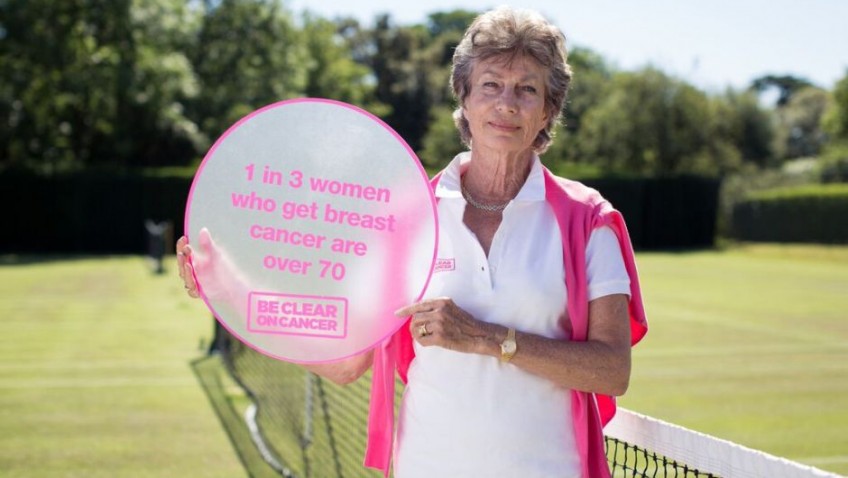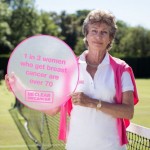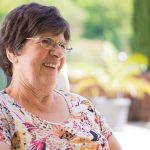New survey findings released today reveal what is good about getting older, as we leave what we don’t like behind us and have more time for what we want to do. Released as part of a Be Clear on Cancer campaign to raise awareness of breast cancer in women over 70, the results highlight that, of the things that women are glad they do less often, changing nappies, staying out late, and commuting come out top.
The findings coincide with a Be Clear on Cancer campaign that is highlighting that while there may be many things women over 70 are glad to have left behind, the risk of breast cancer is not past them.
The survey also identified what’s good about older age. Having the freedom to do what they want was most frequently stated by women over 70 as the best thing about getting older, with having more time for themselves, and feeling happier and more confident in themselves also noted.
Misconceptions around breast cancer mean many believe it is more common in younger women, when actually 1 in 3 women diagnosed with breast cancer are over the age of 70.
However, research shows that older women are more likely to delay going to their GP with symptoms of breast cancer and that awareness of non-lump breast cancer symptoms in the over 70s is low.
Women should visit their doctor straight away if they notice any unusual or persistent changes to their breasts such as a lump or a change to a nipple or to the skin or the shape of a breast.
Early diagnosis of breast cancer means treatment is more likely to be successful.
Of those surveyed, only 3% of women over 70 selected breast cancer as the health condition they were most concerned about, with dementia, stroke and arthritis being bigger concerns.
The nationwide Be Clear on Cancer campaign aims to drive awareness of the risk of breast cancer amongst this age group and increase their knowledge of lesser-known symptoms of this disease.
Virginia Wade, OBE, British former professional tennis player who recently turned 70 is supporting the campaign and comments:
“To me age is just a number and as I get older I’m still doing the things I love. There’s nothing I enjoy more than touring the world and presenting tennis tournaments but there are certainly a few things I’m delighted to leave behind. I’m certainly happy to say goodbye to worrying about the rain preventing me from practising on the tennis court. I’m also happy not to have to worry about getting wrinkles – I’ve already got them!
“But one of the things I know that remains is the risk of breast cancer, particularly now I’m over 70. One in three women diagnosed with breast cancer are over 70 and you’re never too old to be at risk.
“There is so much to enjoy and look forward to as you get older, but don’t assume you’re past breast cancer. Make sure you visit your doctor if you notice any changes to your breasts.”
Media Medic, Dr Dawn Harper comments:
“Understandably when younger women are diagnosed with breast cancer it makes the headlines, but this can result in a misconception that it is a younger woman’s disease. Breast cancer affects women of all ages, but it’s the number of those over 70 being diagnosed and the fact that older women with symptoms are more likely to delay visiting their GP, which is particularly worrying.
“It is extremely important to seek medical advice if you have any concerns about unusual changes to your breasts and encourage others to do so too. Anyone that visits us will not be wasting our time – as GPs it’s what we’re here for. If you do have breast cancer, the earlier it is found, the more likely it is that treatment will be successful.”
Breast cancer survivor, Margaret Underwood comments:
“I’m so pleased I went to my doctor as soon as I noticed a change in my breasts. Thanks to treatment, my tumour was successfully removed and I can continue to enjoy my seventies and do all the things I did before my operation.”
For more information on the signs and symptoms of breast cancer please visit nhs.uk/breastcancer70.





